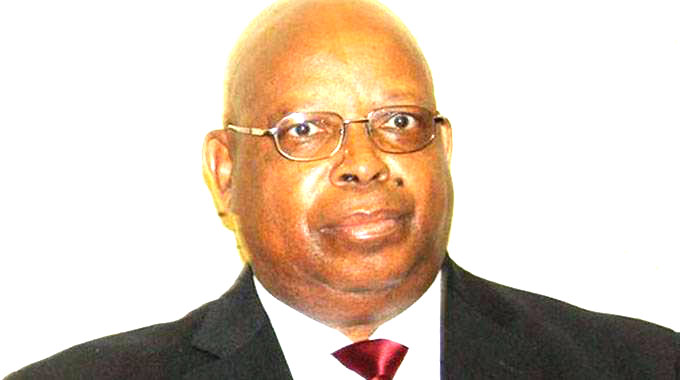IPEC reforms progressive

Tawanda Musarurwa
The Insurance and Pensions Commission (IPEC) says it has made “significant progress” on institutional and regulatory reforms in keeping with recommendations of the Justice Smith-led Commission of Inquiry.
The Commission of Inquiry focused on the conversion of insurance and pensions values from Zimbabwe dollar to the United States dollar, but it also included other reform proposals.
Although progress had been recorded on other aspects of the pensions reform agenda, IPEC pensions director Josphat Kakwere said development of the proposed compensation framework had slowed due to some “complications”.
The proposed compensation framework is for policy holders whose claims were eroded during the conversion of values from Zimbabwe dollar to the US dollar circa 2009.
“When you look at the Commission of Inquiry, at the core of it is the issue of compensation, which there appears not to be progress although processes are taking place.
“But in terms of the other issues raised by the Commission of Inquiry around institutional reforms, regulatory reforms there has been quite some progress made,” said Mr Kakwere during a IPEC-National Social Security Authority journalists mentorship programme recently.
“On the Commission of Inquiry, the compensation framework proposed has some complications, some implementation difficulties, but there have been some engagements within the industry, and we are hoping — without putting a timeframe — to put a close to this.”
But as indicated by Mr Kakwere, IPEC’s reforms are going beyond the Commission of Inquiry recommendations. The regulator’s reforms paper, which was drafted last year and is currently undergoing consultations, is targeted at achieving a broad-based transformation of the sector.
One of the key proposals of the IPEC reform paper is that Zimbabwe adopts an integrated three-tier pension system, which is meant to improve adequacy and coverage of pension; promote the co-existence of the National Pension administered by NSSA and the private administered occupational schemes; and enhance collection of contributions.
The three-tier recommendation borrows from the pension reforms adopted in Ghana.
Tier 1 of the system, in essence will be the current compulsory scheme under the administration of NSSA, while the proposed second tier of the pension system, Tier 2, should be defined contribution pensions schemes that are privately managed and have a component of mandatory contributions up to a certain level for all formally employed workers, who will also be contributing to NSSA.
The proposed Tier 3 is particularly significant in Zimbabwe’s present economic landscape as it is meant to be voluntary and be able to cater for the informal sector and even those in the formal sector requiring supplementary retire income over and above that which can accrue from Tier 1 and 2.
Zimbabwe’s informal sector could be the sixth largest in the Sub-Saharan region, contributing between 40 and 50 percent to economic growth.
The informal sector contributes over 60 percent of employment in the country.










Comments